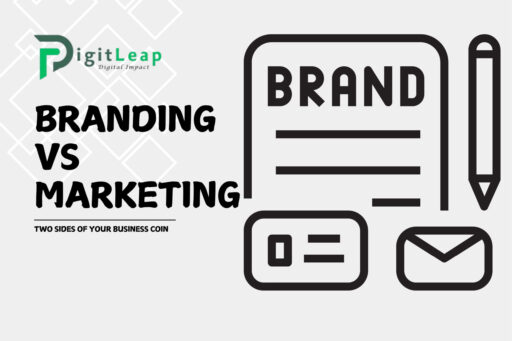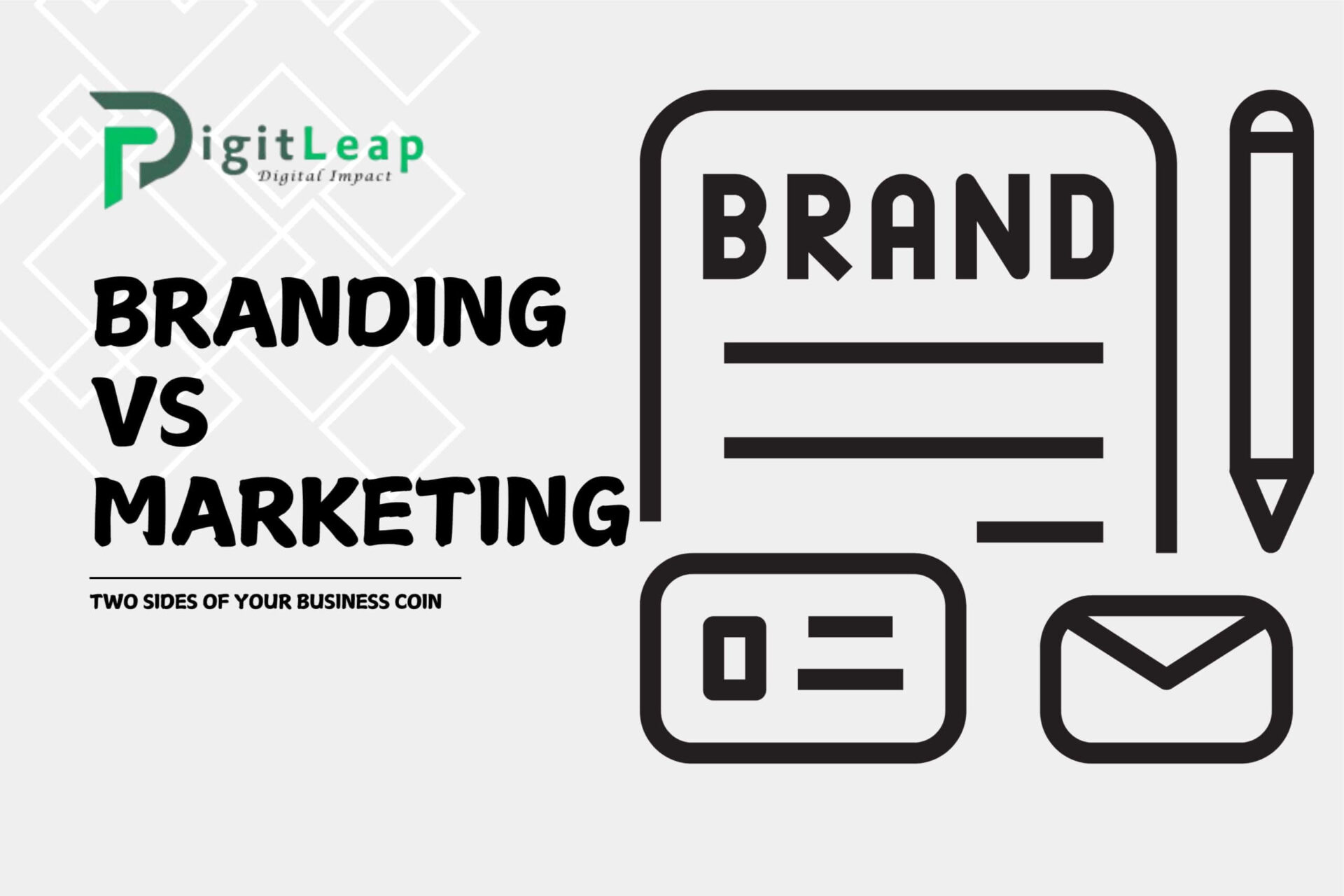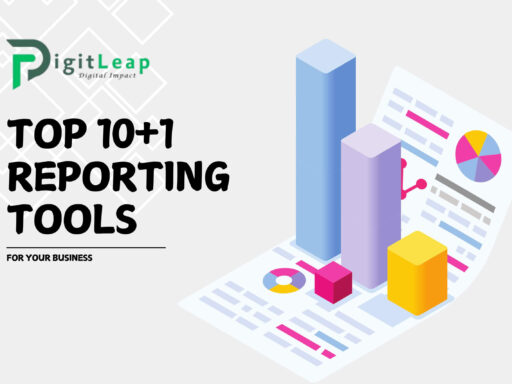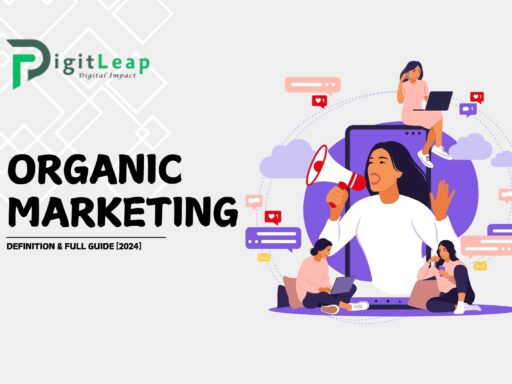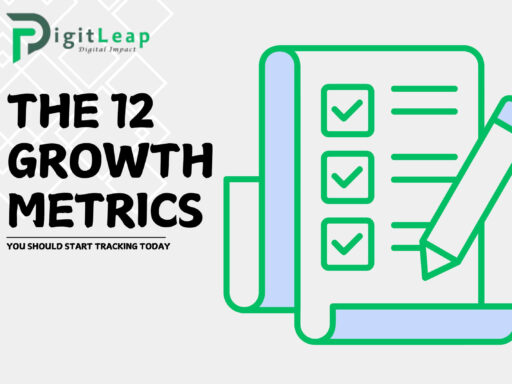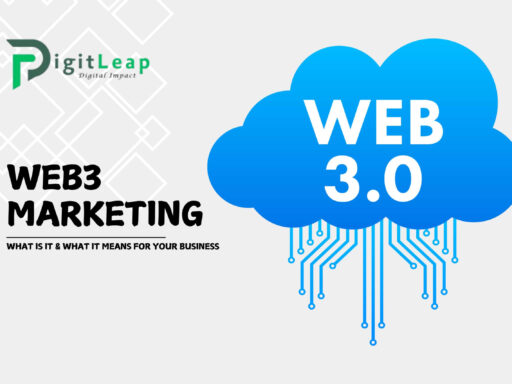Branding vs Marketing: Two Sides of Your Business Coin
In the business world, branding and marketing are often confused or used interchangeably. While both play essential roles in building and growing a business, they serve distinct purposes. Understanding the difference between branding and marketing is crucial for businesses looking to build a strong identity and connect with their target audience.
This article dives deep into the differences and the relationship between branding and marketing, illustrating how they complement each other to create a successful business strategy.
What Is Branding?
Branding is the process of shaping your business’s identity. It’s about creating a distinct image that resonates with your audience and differentiates you from competitors. Your brand goes beyond your logo, slogan, or colors — it encompasses your values, mission, and how your customers perceive you.
Think of branding as your company’s personality. It tells your story, builds emotional connections with customers, and defines how people recognize and remember your business.
Elements of Branding:
- Logo and Visual Identity: These are the most recognizable parts of your brand. They include your logo, color palette, and typography, which make your business visually identifiable.
- Brand Values: These are the principles that guide your business and represent what your company stands for, such as sustainability, innovation, or customer-centricity.
- Tone and Voice: Your brand’s tone is how you communicate with your audience. Whether formal, friendly, or humorous, it reflects your personality and helps create consistency in messaging.
- Brand Promise: This is the commitment you make to your customers. It can be about quality, service, or unique value, and it helps to establish trust.
Branding is about building long-term relationships with your audience. It’s the emotional and psychological aspects that make people choose your business over others, and it sticks with them long after the marketing campaign ends.
What Is Marketing?
Marketing, on the other hand, is the act of promoting and selling your products or services. It involves activities like advertising, public relations, social media campaigns, and content creation designed to drive sales and grow your business.
If branding is the personality of your business, marketing is the way you communicate that personality to the world. Marketing is more tactical and focuses on driving specific outcomes like customer acquisition, sales, or engagement.
Key Elements of Marketing:
- Advertising: Paid efforts to promote your brand, whether through digital channels like Google Ads or traditional means like TV commercials.
- Social Media: Platforms like Facebook, Instagram, and LinkedIn help businesses engage with their audience, build relationships, and promote products or services.
- Content Marketing: This involves creating and distributing valuable, relevant content to attract and engage your audience, such as blogs, videos, and infographics.
- SEO (Search Engine Optimization): Optimizing your website and content to rank higher in search engines, ensuring that your brand is visible when potential customers search for relevant terms.
Marketing campaigns are often short-term, focused on specific goals such as launching a product or increasing sales. While branding aims to build a lasting image, marketing works to generate immediate results.
Branding vs. Marketing: The Key Differences
While branding and marketing may overlap, they serve distinct purposes and should be seen as two sides of the same business coin.
1. Purpose
- Branding: Establishes who you are and why you exist.
- Marketing: Drives awareness and sales of your products or services.
2. Focus
- Branding: Focuses on the long-term vision and identity of the company.
- Marketing: Focuses on short-term goals like generating leads or increasing conversions.
3. Emotions vs. Tactics
- Branding: Builds emotional connections and customer loyalty.
- Marketing: Uses strategies and tactics to attract customers and generate results.
4. Strategy vs. Execution
- Branding: Branding is more about the strategy that defines how you want people to perceive your business.
- Marketing: Marketing is about executing tactics that bring your brand to life and drive specific actions.
5. Consistency vs. Agility
- Branding: Requires consistency across all touchpoints to maintain a strong and memorable identity.
- Marketing: Often requires flexibility and agility to adapt to market trends, seasonal campaigns, or changing customer needs.
How Branding and Marketing Work Together
Though different, branding and marketing complement each other. Successful businesses integrate branding into their marketing efforts, ensuring that every campaign aligns with the brand’s core identity.
For example, a brand that positions itself as eco-friendly will focus its marketing on promoting sustainable products or practices. The marketing campaign highlights the brand’s values, reinforcing the overall identity.
Why You Need Both:
- Branding builds trust and loyalty, while marketing attracts new customers.
- Branding creates a lasting impression, while marketing ensures that impression reaches a wide audience.
- Branding establishes your reputation, while marketing drives short-term growth and revenue.
Without branding, your marketing efforts may lack consistency and fail to build strong relationships. Without marketing, your brand’s message might not reach the right audience.
The Importance of Branding and Marketing for Business Growth
In today’s competitive marketplace, both branding and marketing play a vital role in business success. Branding builds your identity and differentiates you from competitors, while marketing drives traffic, sales, and awareness.
Key Benefits of Branding:
- Builds customer loyalty
- Differentiates your business in a crowded market
- Creates consistency across channels
- Fosters long-term relationships with customers
Key Benefits of Marketing:
- Generates leads and sales
- Increases brand awareness
- Helps reach new audiences
- Provides measurable results
A strong brand with a well-executed marketing strategy can take your business to new heights. The key is to align your marketing efforts with your brand’s core identity, ensuring that every campaign reflects your values and resonates with your audience.
Conclusion
Branding and marketing are two sides of the same coin — they work hand-in-hand to build a successful business. Your brand defines who you are, while marketing tells the world about you. Together, they create a powerful force that drives growth, builds loyalty, and ensures long-term success.
At DigitLeap, we understand the importance of both branding and marketing. We help businesses build strong, memorable brands while crafting marketing strategies that drive real results. Whether you’re looking to enhance your brand identity or boost your marketing efforts, DigitLeap is here to guide you every step of the way.

